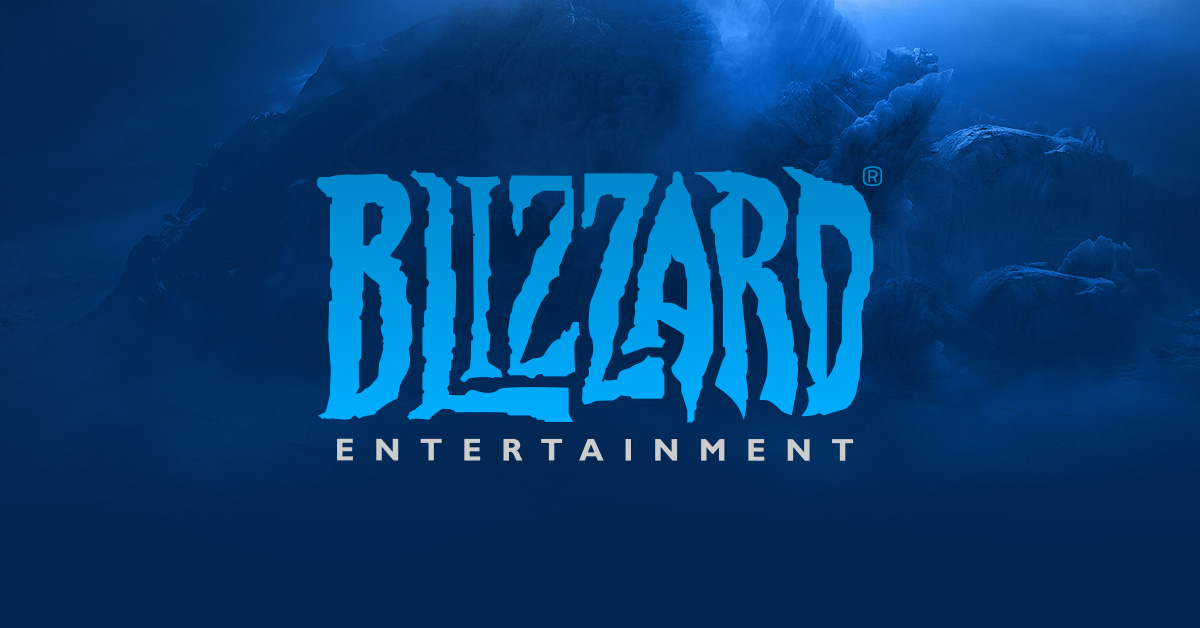World of Warcraft is among the top-selling and most popular games in the world. But now if you’re in China, you can’t play. That’s due to the upcoming expiration of a Blizzard and NetEase contract.
The expiring contract’s consequences are being felt beyond Chinese gamers as Hong Kong’s NetEase shares dumped nearly 10%.
Yeah, it’s all bad. Super, super bad.
As the 14-year contract terminates, Chinese gamers will quickly find out they can’t play not only World of Warcraft, but other hit games such as Overwatch.
The NetEase deal has been successfully running since it was crafted in the summer of 2008. But NetEase and Blizzard and Activision simply couldn’t agree on how to renew the contact; hence, it’s gonna expire and a lot of high-quality, famous games are going to the wayside for the people of China.
NetEase CEO William Ding explained that his company couldn’t find common ground with Blizzard, setting off a series of imminent consequences to China’s gaming community.
“We are honored to have had the privilege of serving our gamers over the past 14 years and have shared many precious moments with them during that time,” Ding said.
“We will continue our promise to serve our players well until the last minute. We will make sure our players’ data and assets are well protected in all of our games.”
Other famous games set for removal from China are Diablo and StarCraft, but the list goes on as Blizzard is a premier gaming developer. Moreover, Microsoft is nearing a deal to take over Blizzard, which would vastly improve gaming content. So yeah, China’s getting the rub here.
The people of China already struggle with gaming due to its communist government’s censorship expansion over any and all multimedia content.
For NetEase, the company proceeds on as if nothing happened. On a financial level, not a whole lot changes. But for the people of China, they’re out of luck. There is no word on whether a last minute arrangement to extend the deal while further negotiations go on, but as it stands, that doesn’t appear a likely scenario.
